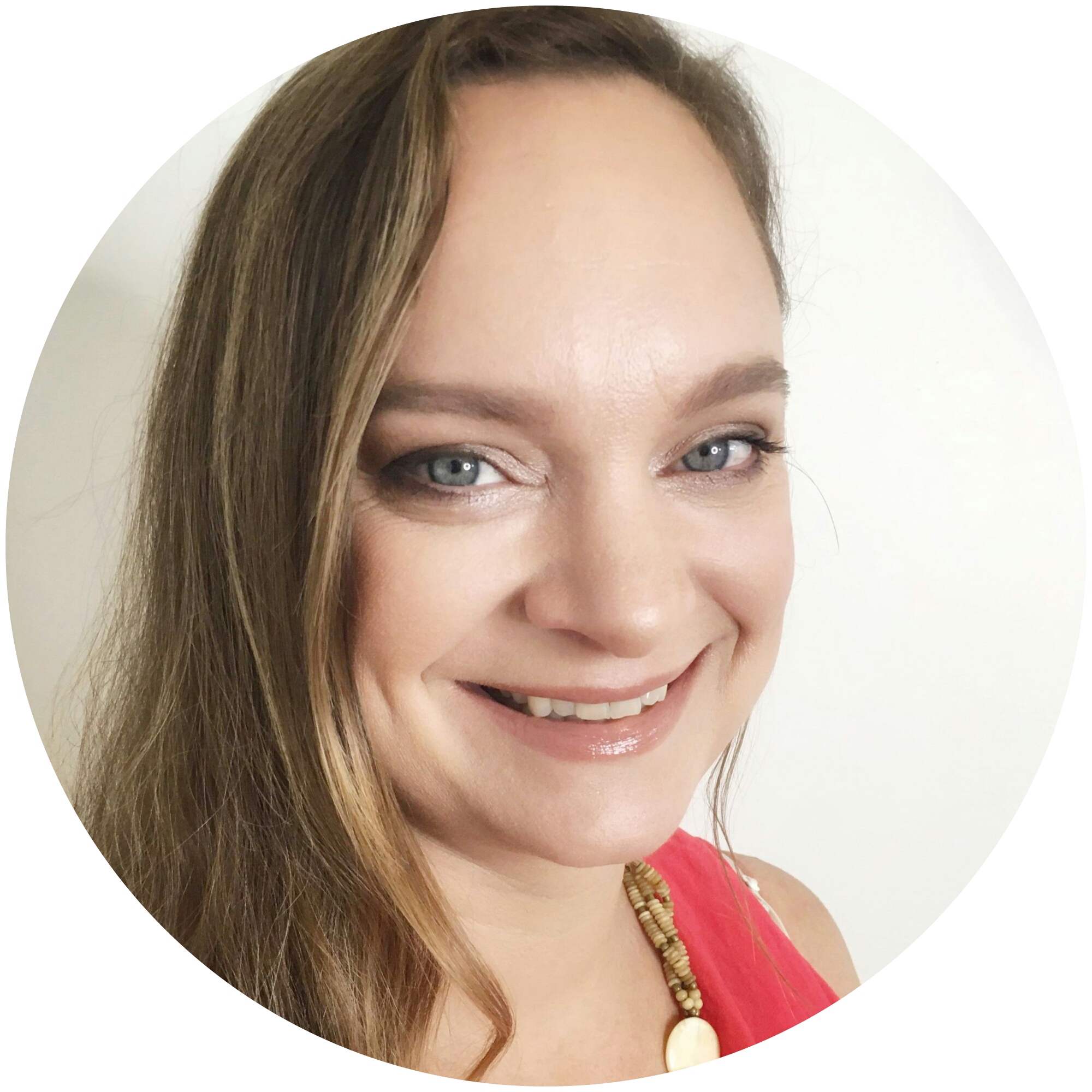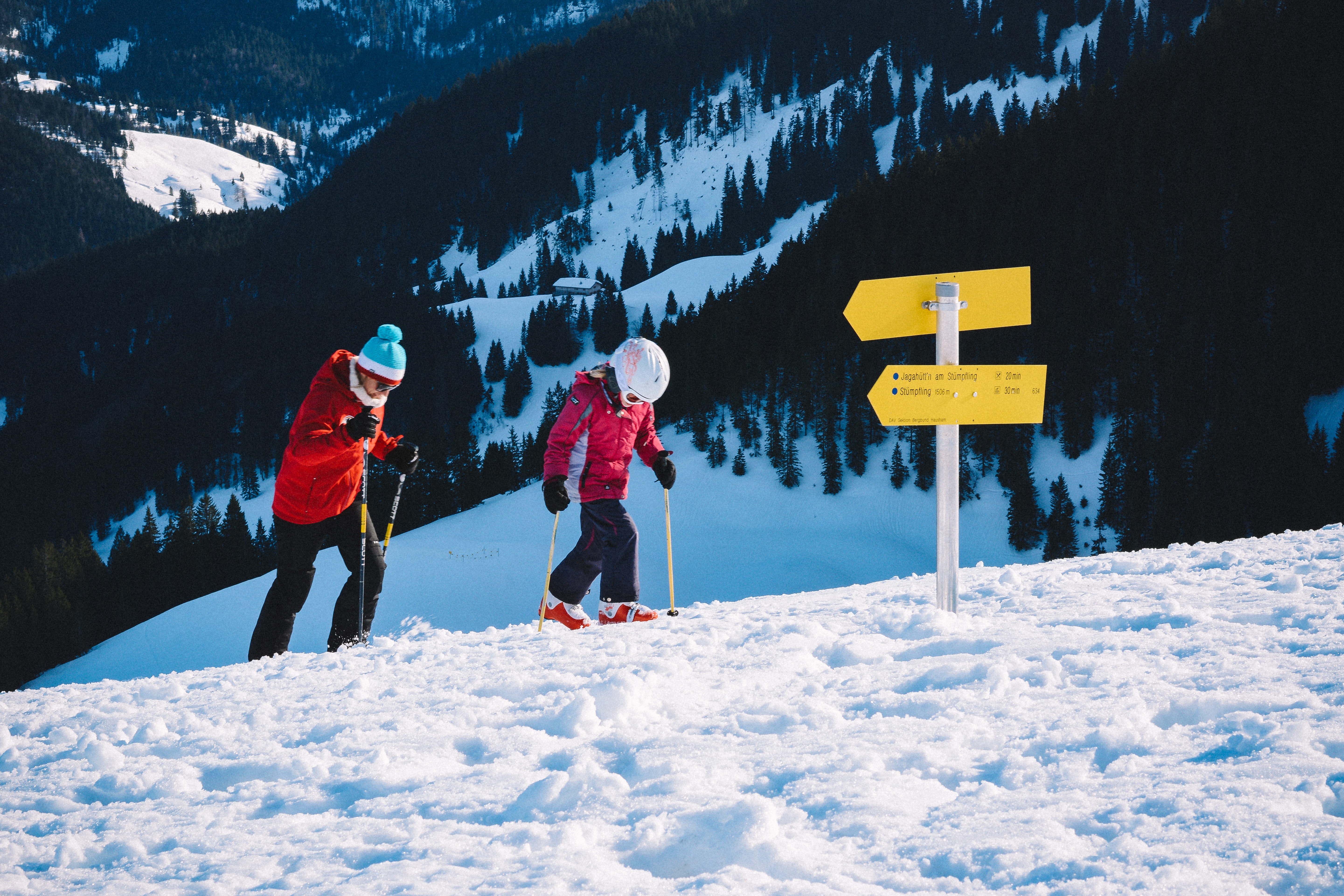Volunteering was a family trait in my house growing up. My mother’s favourite line has always been ‘anyone can give money, the most valuable thing you can give is your time’. And she backed it up. My mother was always the first one to join a committee or give her time in support of causes she believed in. It became a foundation belief for me. The value of giving my time to my community. Yet I did not expect the real value of that lesson I learned so early on. How it would help me in my own life. And how I would be able to share that lesson with others.
Learning How To Give Back
The first time I volunteered in an adult role I was not quite 16 years old. It was not my first time volunteering. But in this cause I had the responsibilities of an adult. I was volunteering an alpine ski instructor. Working with young people who had a physical or cognitive disability. My mother and I had joined together, but I would be instructing my own student.
It was here I learned my first lesson about what it meant to volunteer. Volunteer work is a graduation requirement in some school systems. It’s also used as a punishment in many juvenile settings. Or, as a way to travel the world by ‘helping’ those less fortunate. In many circumstances these are worthy aspirations. They can bring value to people how might not have otherwise received it. But, they can also distorted the significance of what it means to give your time. Freely. And without expectation of anything in return.
I learned this lesson during my first volunteer experience. My first opportunity to give back to my community as a young adult. I learned this lesson in an unexpected way. Through failure.
It Didn’t Go According To Plan
My first student as a volunteer ski instructor was challenging. It was because of his life experiences and diagnosis, both far too much for a child his age to have had to experience. I was young and filled with the ideals. I was going to do great things, and it was going to change his life. But it didn’t work out that way.
My student and I made a lot of progress together. Him and I, plus the two social workers that were always with us on the slopes. Every week we got a bit closer to ‘our’ goal of a run down the beginner hill. I say ‘our’ goal, but in reality it wasn’t’ his goal. It was mine. Because that was the point, as I understood it back then. Learn to ski, despite all the barriers and disability. It was a noble aspiration as a teacher. But for my student, it wasn’t his goal. Although he was not able to verbally express what his goal was, one thing was clear. He did not want to keep climbing up the beginner hill. He wanted to go on the chairlift.
But we couldn’t go on the chairlift. Because of reasons. Reasons that over time have been forgotten and no longer matter. Reasons that made sense back then. To all of us. But not to him.
Despite all the progress we made, not being able to go on the chairlift became a deal breaker for my student. His response was sudden and strong. And resulted in him needing to leave the program for the rest of the season. And all I felt was failure. I has failed him, my student. I was young, naive, and inexperienced. Which I’ve made peace with because in my failure I learned a lesson of great value.
The Lessons I Learned
The first lesson I learned was that things don’t always turn out as we planned. And sometimes you get knocked down. No one would have blamed me if I’d quit. But I didn’t. I chose to get back up and stayed part the ski program for several more seasons.
But that was not the real lesson.
It was years later. I’d moved away for university. Over Christmas I was home visiting my family. My mother was practically running the ski program now, as well as on the board of the ski hill itself. It was through her I ran into an instructor I had known that first year. It turns out he knew my student. In fact, my student had become his student a few years later.
I prepared myself to hear the story of how terrible his first season of skiing had been. And how it has taken years to get him back on the slopes.
But that’s not the story he told me. Instead, he shared with me my former student’s love for skiing. And that it was that first season with me that had planted that seed. A seed that grew, and developed into something that holds real value. He had never seen his experience with me as a failure. Because his expectations were different than mine. But I had assumed that my version of success was universal.
The true lesson I learned during my first real volunteer experience was this. We cannot define the success of others. In the context of volunteering, all too often we come into it focused on what we will get in return. Not in a monetary sense. But from the fulfillment we will get from accomplishing the goals we set. From achieving our version of success. To do good. To have an impact. To make things better. Just so long as it’s our version of better.
Changed The Way I See Myself And The Questions I Need To Always Ask
But those aspirations can cause us to imprint our needs onto others. It opens us up to feel disappointment and failure when the experience does not turn out the way we expect. If the aim is to give back, really give back there there is something to consider. I ask myself the following question. Can I let go of the outcome and allow others to find their own path? It might not work out as I expected. Disappointment could happen. Or feeling like a failure. But the true gift of giving my time is removing the expectation of something in return. And often, that something is my expectation of what makes an experience valuable.
How I Give Back To My Community
This lesson has influenced how I give back to my community. I’ve spent many years working in community development and social inclusion. It was there I learned about two core concepts that gave structure to my experiences. And further influenced how I view volunteering in my community. The first was Asset Based Community Development. The second was Social Role Valorization.
These are the biggest lessons I still use today.
- If I give my time to an individual or a group, it’s not about me or my goals and expectations. If my fulfillment is based on recognition or praise for the work I’ve done, there is a good chance I’ve made it about me.
- I never approach a person or community with the desire to ‘fix’ things. Maybe they need fixing. Maybe they don’t. Usually it’s not for me to decide. Instead of looking for problems, I’ve found significantly greater success another way. Looking for the strengths and figuring out how to best develop them. That has lead to the best solutions.
- I have learned not to base success off what I perceived the outcome to be. Giving my time to others means relinquishing control of the outcome.
- Giving time freely does not equate time freely taken. I only give my time in places and spaces I can set and maintain adequate boundaries. This is how I protect my mental and emotional health. It’s also how I keep volunteering and giving back from burning me out.
- I focus on what value I can bring, and how I can have a valued role within the community. This way my strengths become assets. Instead of thing ‘how can I help’ I can shift my mindset to ‘I have this value to offer.’ Celebrating an individual’s value is key to creating an inclusive community.
- While giving back to my community might sometimes be challenging, it should not always be so. If volunteering always feels like a chore, or worse, like burnout. Then there’s no shame in protecting my own wellbeing and finding a better fit.
- From my experience the best community to start giving back to is the one I’m part of. That might be where I live, or where my interests are. It could be an online community. It might change over time. Since becoming a parent, my volunteering has changed to children’s community groups. Start where you’re at.
My earliest experiences volunteering have taught me many lessons. These lessons have served me throughout my life. I know now not to evaluate my time giving back to my community as success or failure. Instead I ask myself if I brought value. This has taught me to intrinsically view the process of ‘giving back’. How it can’t be centred around my expectations. But about feeling valued for the role I played.


